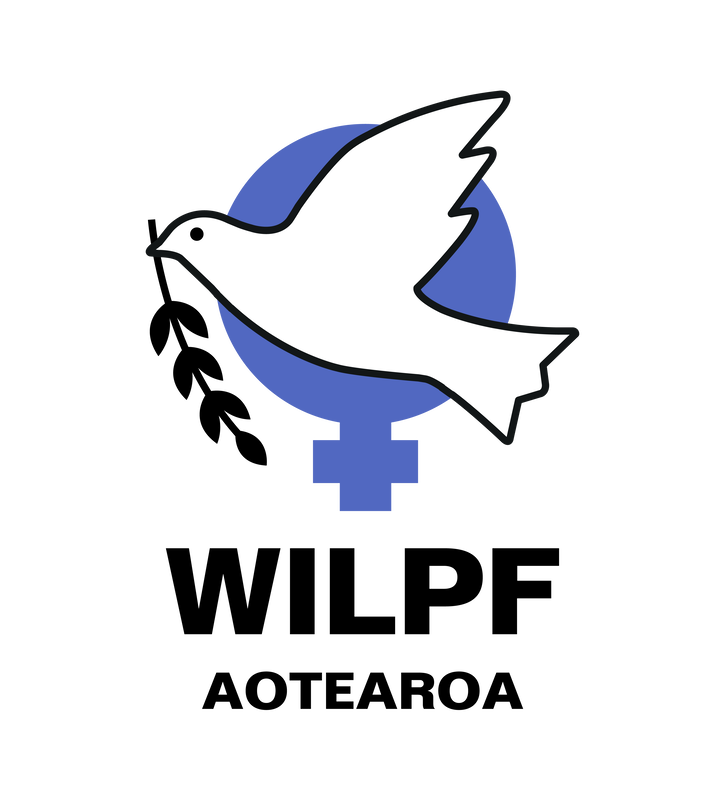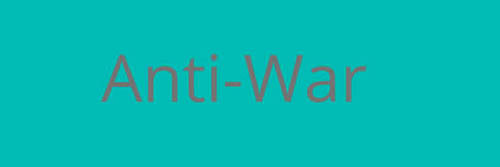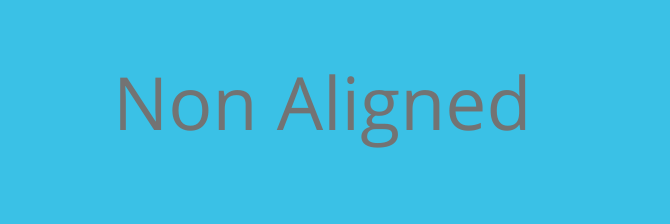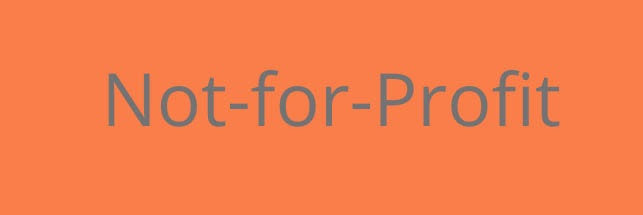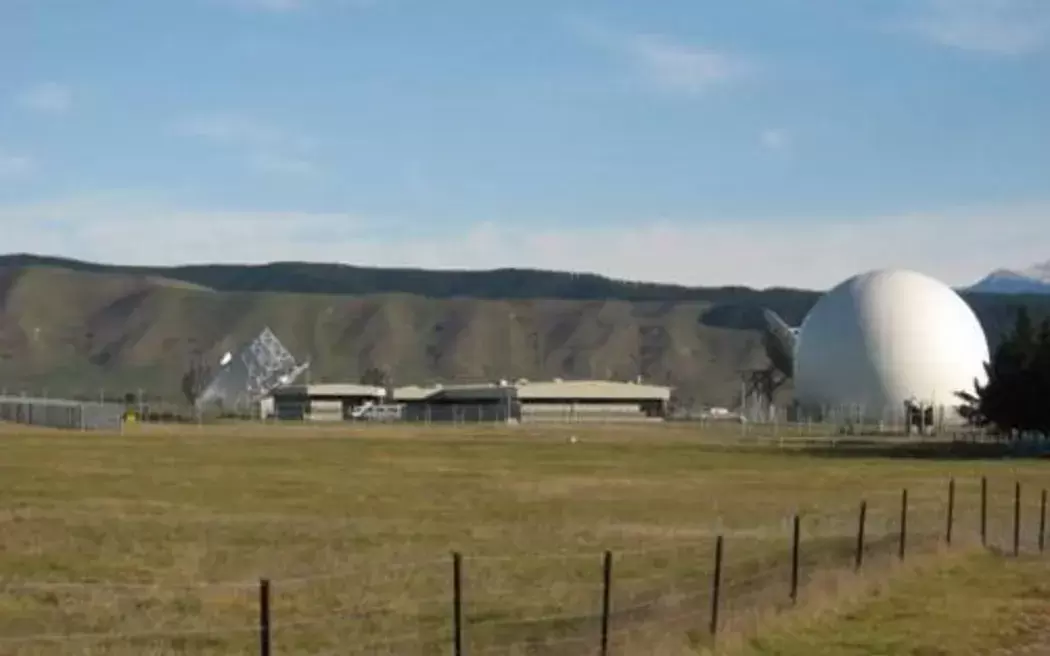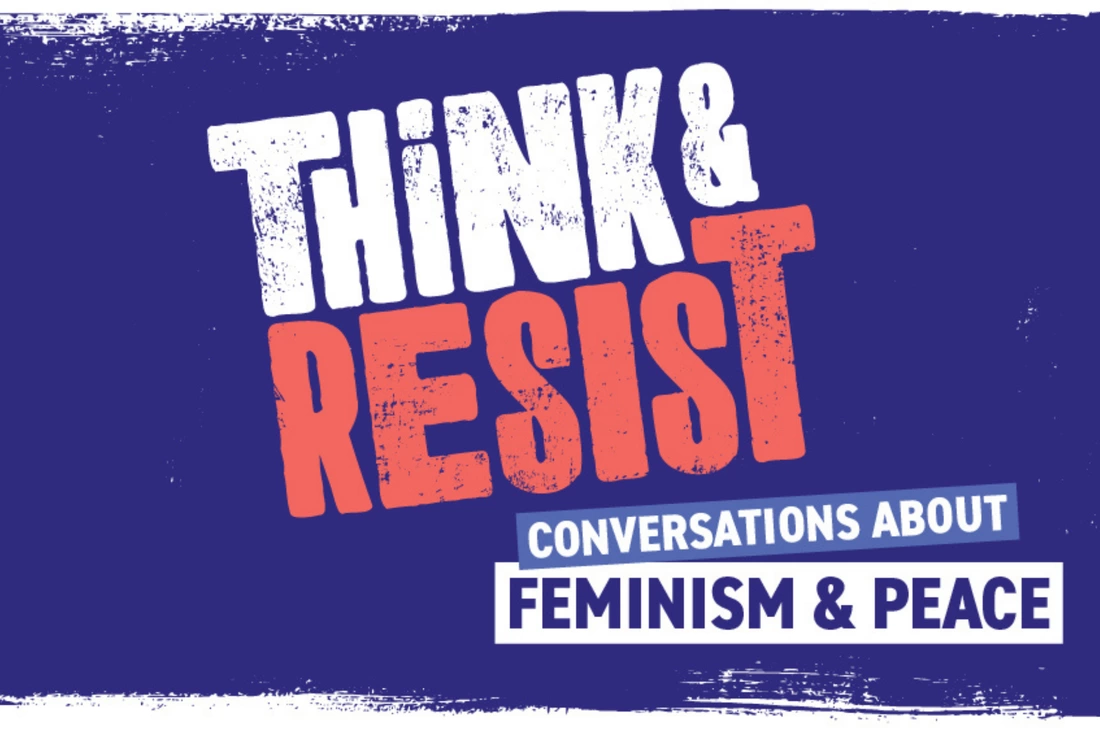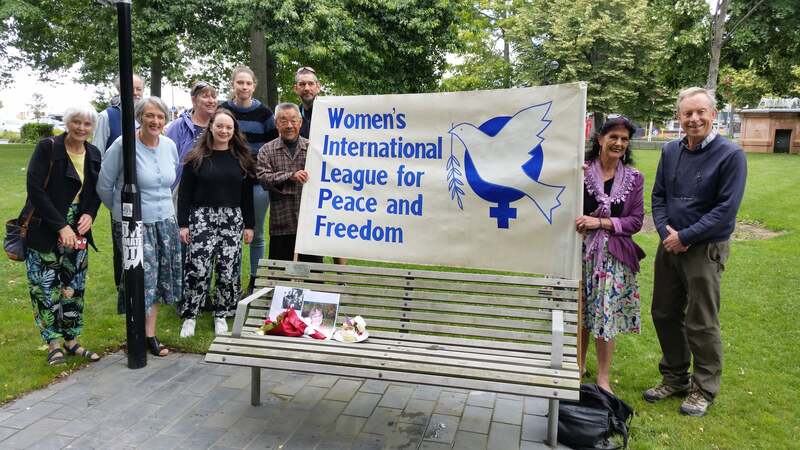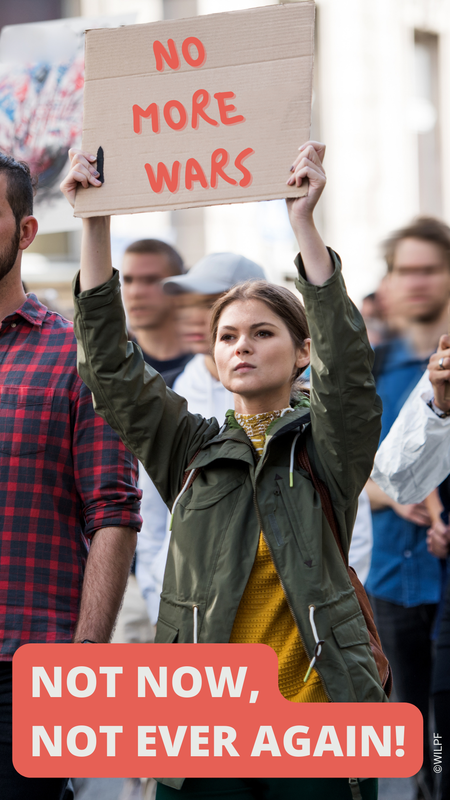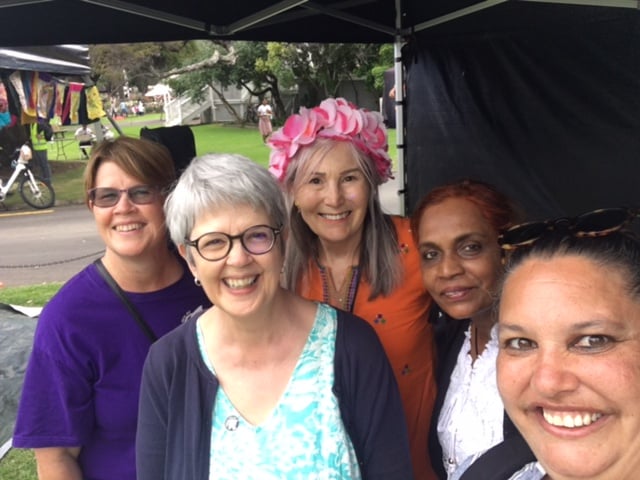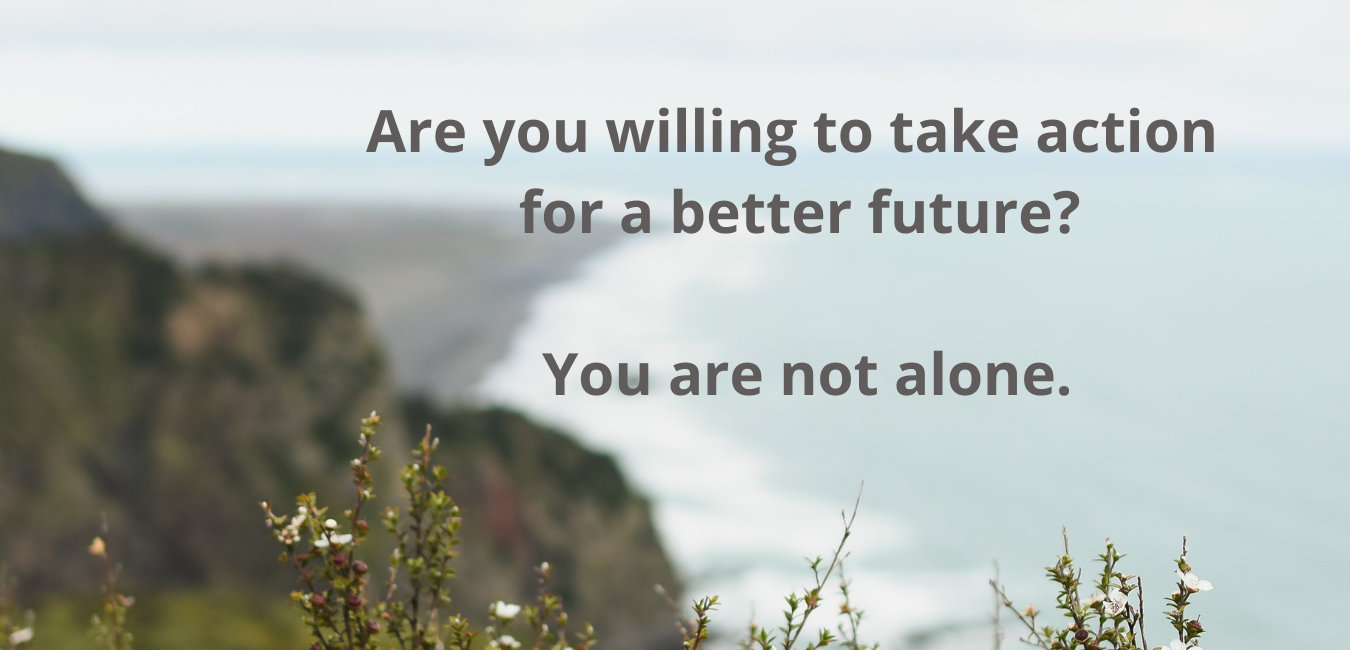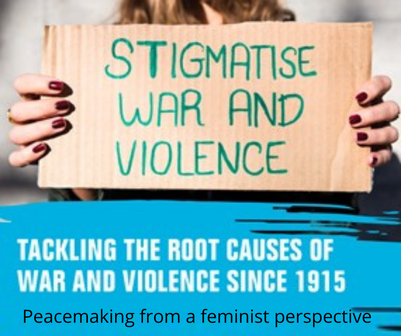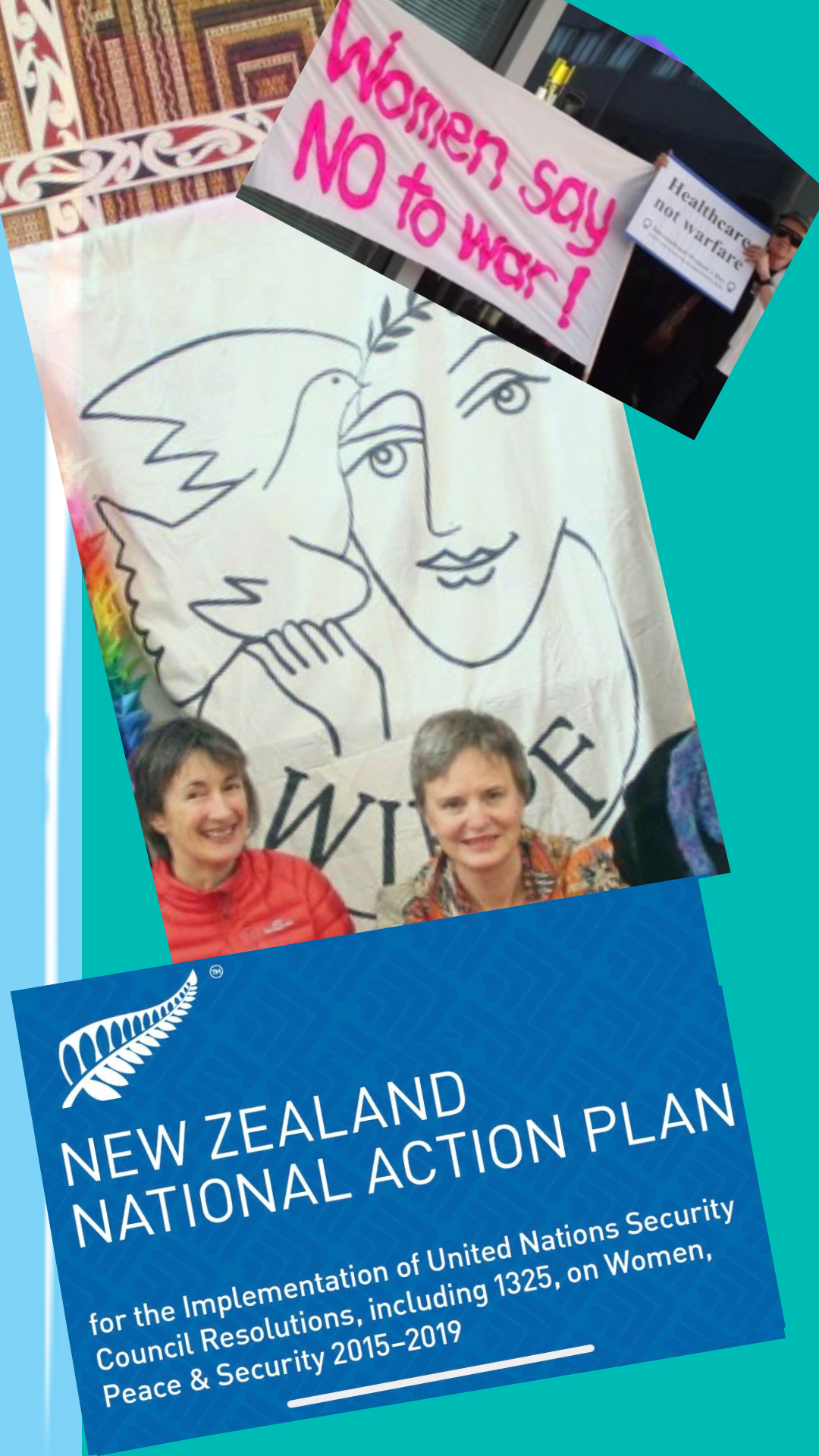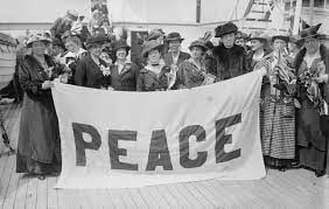WILPF is a feminist peacebuilding organisation of volunteer activists around the world.
We bring women together, and provide a space where we can unite and work for peace by non-violent means-promoting political, economic and social justice for all.
NEWS
|
WILPF at 109As WILPF marks its 109th anniversary on 28 April 2024, we find ourselves in a world still grappling with conflicts that fundamentally challenge peace and justice. Significant challenges lie ahead, but WILPF remains steadfast and determined, committed to dismantling the oppressive systems that continue to afflict our society today. Over the past year, the ongoing genocide in Palestine cast a dark shadow across the globe. The continued violence and oppression faced by the Palestinian people serve as a reminder of the urgent need for feminist peace activism. We stand in solidarity with all those affected by this atrocity and reaffirm our commitment to advocating for lasting peace and liberation. More here |
Spying on our Pacific neighbours It’s not often we get any insight into our government’s surveillance and intelligence collection. But the recent report from the Inspector-General of Intelligence and Security on the hosting of a foreign agency’s spy system by New Zealand’s own spy bureau sheds some light. It also raises concerning questions about our role in the Pacific, says Pacific historian Marco de Jong. "We can’t claim to be a trusted partner when we spy on our Pacific family on behalf of others. We also can’t claim to have an independent foreign policy when outside interests operate within our spy agency. If there is no democratic oversight of that, we risk undermining our laws and foreign policy priorities." More here |
Aotearoa is one of the nations in the Asia Pacific region that is part of WILPF - the international women’s peace organisation established in 1915.
WILPF Aotearoa is committed to honouring Te Tiriti o Waitangi as this is a positive way to prevent conflict and to remedy past and present injustices.
WILPF aims to generate discussion about the costs
of maintaining a military.
And where the money could be going.
What is a Feminist Budget? How is a Feminist Budget different?
of maintaining a military.
And where the money could be going.
What is a Feminist Budget? How is a Feminist Budget different?
Towards a Feminist Budget was a WILPF project for International Women's Day.
|
Our Focus Projects
WORKING
ORGANISING
ADVOCACY & CAMPAIGNING
HOLDING REGULAR VIGILS and actions to support a variety of issues such as:
|
|
WELCOME
Kia ora katoa The daunting task of picking up the threads of WILPF Aotearoa’s section work from former President Megan Hutching prompted me to look back and reflect on our beginnings, how far we have come and how much remains to be done as we head into WILPF’s 33rd International Congress. While initially motivated to end the industrial-level slaughter that characterised World War I, WILPF’s 1924 manifesto focused on both disarmament and to “Bring about the organisation of economic life, not for individual or class profit, but for the highest possible development of every human being”. However, by the 1960s outgoing President Dwight Eisenhower was warning about the danger the military-industrial complex posed to democracy given the entanglement of the arms industry with executive branch of government – an industry that has gained considerable ground in Aotearoa in recent decades. WILPF marked its centenary in 2015 by reaffirming its manifesto and commitment to eradicating war by addressing its root causes including: militarism, capitalism, the nation-state system, and social systems of racist supremacy and patriarchy. For WILPF sisters, realising peace and equality and justice for all depends on both the full inclusion, representation, and active participation of women in all their diversity, in all walks of life, while at the same time addressing these mutually reinforcing systems of power. The debate facing those who came together to end the war in 1915 goes on today: is women’s liberation advanced or derailed by women’s active contribution to their own country’s war waging? How did women’s claim to the “right to serve” and work in munitions factories – thereby breaking down gender stereotypes – fit with the claim that the demise of patriarchy depended on women forming cross national alliances to oppose militarism. In other words, how to change systems and structures while being part of them – militarism, after all, requires the assent of both men and women. Much has changed since then. A hundred years on, the New Zealand parliament more closely reflects the diversity of our society, and women are found in increasing numbers in a wider range of professions and in decision-making roles. Yet the gender pay gap persists and women in Aotearoa continue to experience the highest rates of intimate partner violence among OECD countries with the highest rates among Māori women. Realising gender equality depends on raising awareness of and reflecting on the persistence of social and economic conditions that make possible ongoing gender-based violence and discriminatory practices that have produced increasing inequality within and between countries. In other words, women’s representation and active participation alone will not change the nature of capitalist democracy, which by definition produces winners and losers, or the purpose of militaries - the use of coercive force on behalf of the state. WILPF’s well tested strategy is to work with all Sections to develop an international programme that is then crafted to address identified issues at the local and regional level. I look forward to working with WILPF Aotearoa’s Branch members and like-minded organisations across the region to reflect on how we might best meet the challenges presented by the United States pivot, with its Quad partners India, Australia, and Japan, to what is now referred to as the Indo-Pacific region and the further militarisation of Aotearoa evident in plans for increased interoperability between the two states defence establishments. Indeed, does interoperability bring with it shared accountability for civilian casualties that characterised United States operations in Afghanistan and Iraq? How is it possible for nuclear-free New Zealand to work closely with nuclear-armed United States? Not all New Zealand women and feminists will feel the same about these developments. Some will likely welcome the idea of being afforded United States protection, but many are clear that sheltering under a nuclear umbrella is hardly a route to peace and freedom. I look forward to debating the issues and crafting strategies with WILPF sisters from around the globe during Congress and implementing our plans in the coming months and years. Haere ki runga i te rangimarie Suzanne Loughlin President |
How we work
LOCAL |
COLLABORATIVETogether our members collaborate with other national peace, disarmament and women's organisations. Networking and sharing Keep up-to-date with actions and issues WILPF is focused on, as well as what's happening with other organisations. Source information from peace activists from around the world Our FaceBook page is a good source of latest news, as well as the pages and websites of WILPF Sections from around the world. |
AOTEAROA, ASIA PACIFIC REGION |
Stay connected wherever you live, we keep in touch online and in person.
|
Share your passion for peace
Keep in touch with other women in the peace movement in Aotearoa or beyond, and find out more about peace networks, activists and activity. Perhaps you'd like to contribute in some way? We value your ideas, skillset, and involvement. Donations and sponsorships are welcome. To become a member or have a chat, just contact us. We'd love to hear from you and know more about your interests. (We are all volunteers so we'll get back to you as soon as we can.) |
|
We have a HISTORY
WILPF was formed in 1915 in Europe and our section, Aotearoa, was established in 1916. WILPF is an international sisterhood working on peace and disarmament issues then, and now. WILPF believes that the full and equal participation of women in the decision-making processes is necessary to achieve sustainable peace. Today WILPF is the oldest women's peace group in the world. WILPF holds observer status with the United Nations (UN). |
|
What is the feminist perspective?
|
We see patriarchy, militarism, and neoliberalism as three inter-related causes that push us all towards more conflict.
It does not have to be this way. The antidote is feminism. |
At its core, feminism includes the
beliefs that women matter, that equality matters, and that gender is a construct: the product of unequal power structures. |
Are you 35 or under? Find out more about YOUNG WILPF
